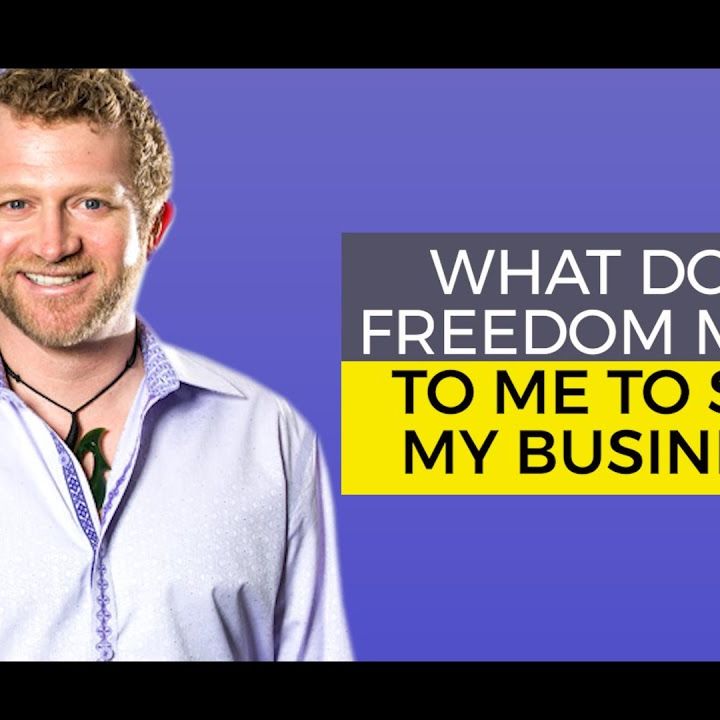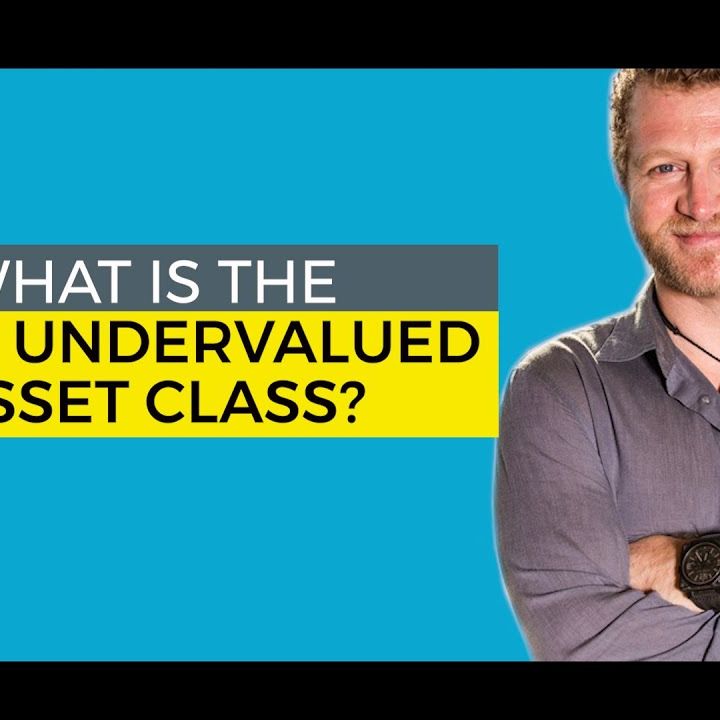If you believe about this on a supply & need basis, the supply of capital has increased significantly. The implication from this is that there's a lot of sitting with the private equity firms. Dry powder is generally the cash that the private equity funds have raised but haven't invested yet.
It does not look great for the private equity firms to charge the LPs their inflated fees if the money is just sitting in the bank. Companies are ending up being much more sophisticated as well. Whereas before sellers may negotiate directly with a PE company on a bilateral basis, now they 'd employ investment banks to run a The banks would get in touch with a ton of possible purchasers and whoever wants the business would have to outbid everyone else.
Low teenagers IRR is ending up being the brand-new typical. Buyout Methods Pursuing Superior Returns In light of this intensified competitors, private equity companies have to discover other alternatives to separate themselves and achieve superior returns. In the following areas, we'll review how financiers can attain superior returns by pursuing specific buyout strategies.
This provides increase to opportunities for PE buyers to obtain business that are undervalued by the market. That is they'll purchase up a little part of the business in the public stock market.

Counterproductive, I understand. A business may wish to enter a brand-new market or introduce a brand-new project that will deliver long-lasting value. They might think twice due to the fact that their short-term profits and cash-flow will get hit. Public equity financiers tend to be extremely short-term oriented and focus extremely on quarterly earnings.
Worse, they may even become the target of some scathing activist financiers (). For starters, they will minimize the expenses of being a public business (i. e. spending for yearly reports, hosting annual investor meetings, filing with the SEC, etc). Lots of public companies also lack a rigorous approach towards cost control.
Non-core sections usually represent a really small part of the parent business's overall earnings. Due to the fact that of their insignificance to the general business's performance, they're generally disregarded & underinvested.
Next thing you know, a 10% EBITDA margin business simply broadened to 20%. Believe about a merger (). You understand how a lot of companies run into difficulty with merger combination?
If done effectively, the advantages PE firms can reap from corporate carve-outs can be incredible. Purchase & Develop Buy & Build is an industry debt consolidation play and it can be extremely lucrative.
Collaboration structure Limited Partnership is the type of partnership that is reasonably more popular in the United States. These are usually high-net-worth individuals who invest in the company.

How to classify private equity companies? The primary classification criteria to classify PE firms are the following: Examples of PE companies The following are http://caidenqwzr470.lowescouponn.com/basic-pe-strategies-for-new-investors the world's leading 10 PE firms: EQT (AUM: 52 billion euros) Private equity investment techniques The process of understanding PE is basic, but the execution of it in the physical world is a much tough task for an investor ().
Nevertheless, the following are the significant PE financial investment methods that every financier need to learn about: Equity strategies In 1946, the 2 Endeavor Capital ("VC") companies, American Research and Development Corporation (ARDC) and J.H. Whitney & Company were developed in the US, consequently planting the seeds of the US PE market.
Then, foreign investors got brought in to reputable start-ups by Indians in the Silicon Valley. In the early stage, VCs were investing more in manufacturing sectors, nevertheless, with brand-new advancements and patterns, VCs are now investing in early-stage activities targeting youth and less fully grown business who have high growth potential, especially in the technology sector ().
There are several examples of startups where VCs add to their early-stage, such as Uber, Airbnb, Flipkart, Xiaomi, and other high valued startups. PE firms/investors pick this investment method to diversify their private Go here equity portfolio and pursue bigger returns. However, as compared to leverage buy-outs VC funds have actually produced lower returns for the investors over recent years.




